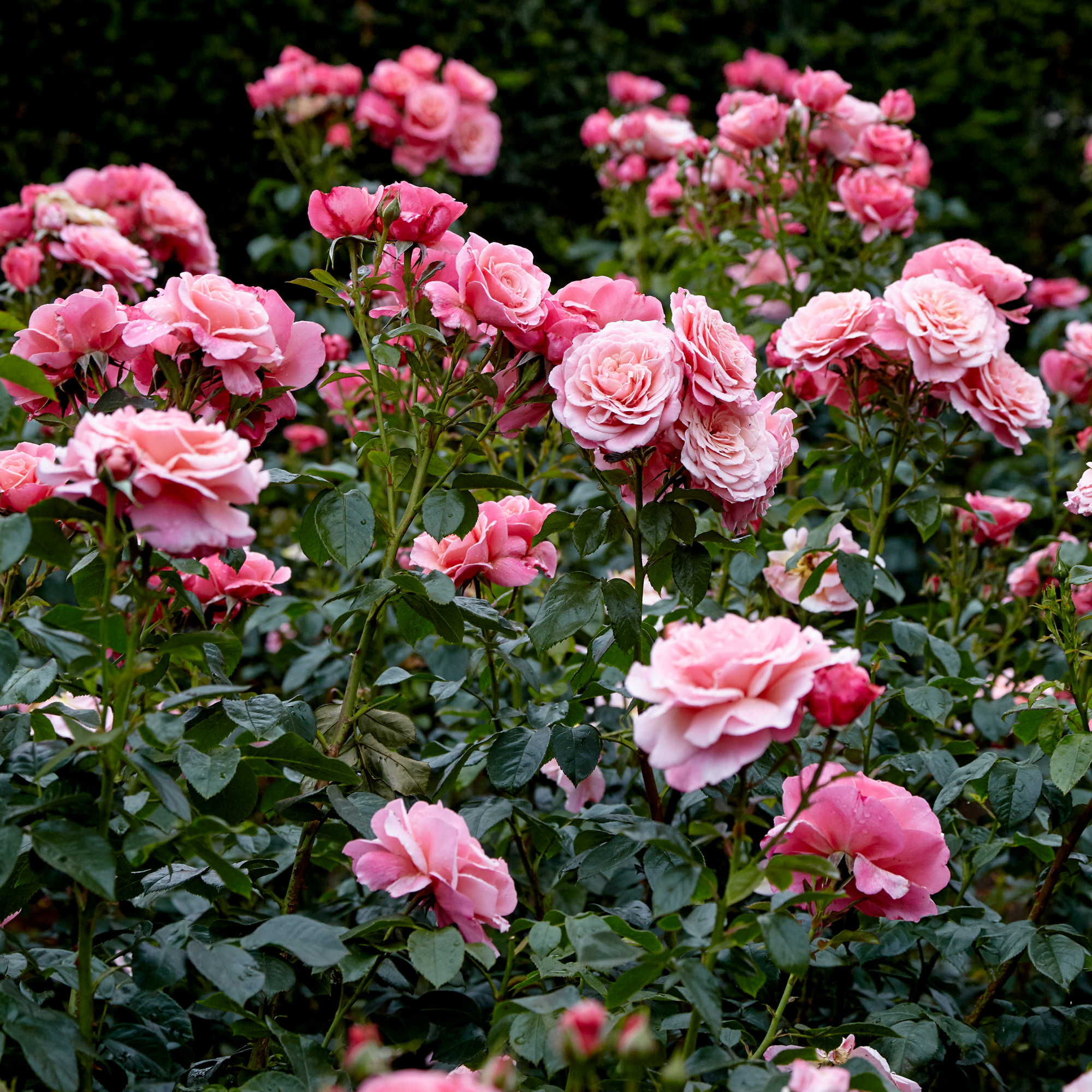
From the mental health benefits to the fact that you can quite literally grow your own food, there are so many benefits to having a garden. But nobody prepares you for the constant barrage of pests attempting to destroy all of your hard work - and if you’ve reached your pest limit, you might want to consider using nematodes in the garden.
Yes, nothing ruins a garden idea quite like hungry little critters who want to chomp on the plants in your garden borders and fill themselves up on the tasty produce you've been carefully growing.
But as insecticides and chemical pest control methods are incredibly toxic to your garden, it’s best to opt for a more natural method, like nematodes.
And while we could simply point you in the direction of where to buy nematodes, we wouldn’t be doing our jobs properly if we didn’t also explain everything you need to know about this natural pest control. So, we’ve reached out to the experts for their top tips on using nematodes in the garden (including some of the downsides you need to consider).
What are nematodes?
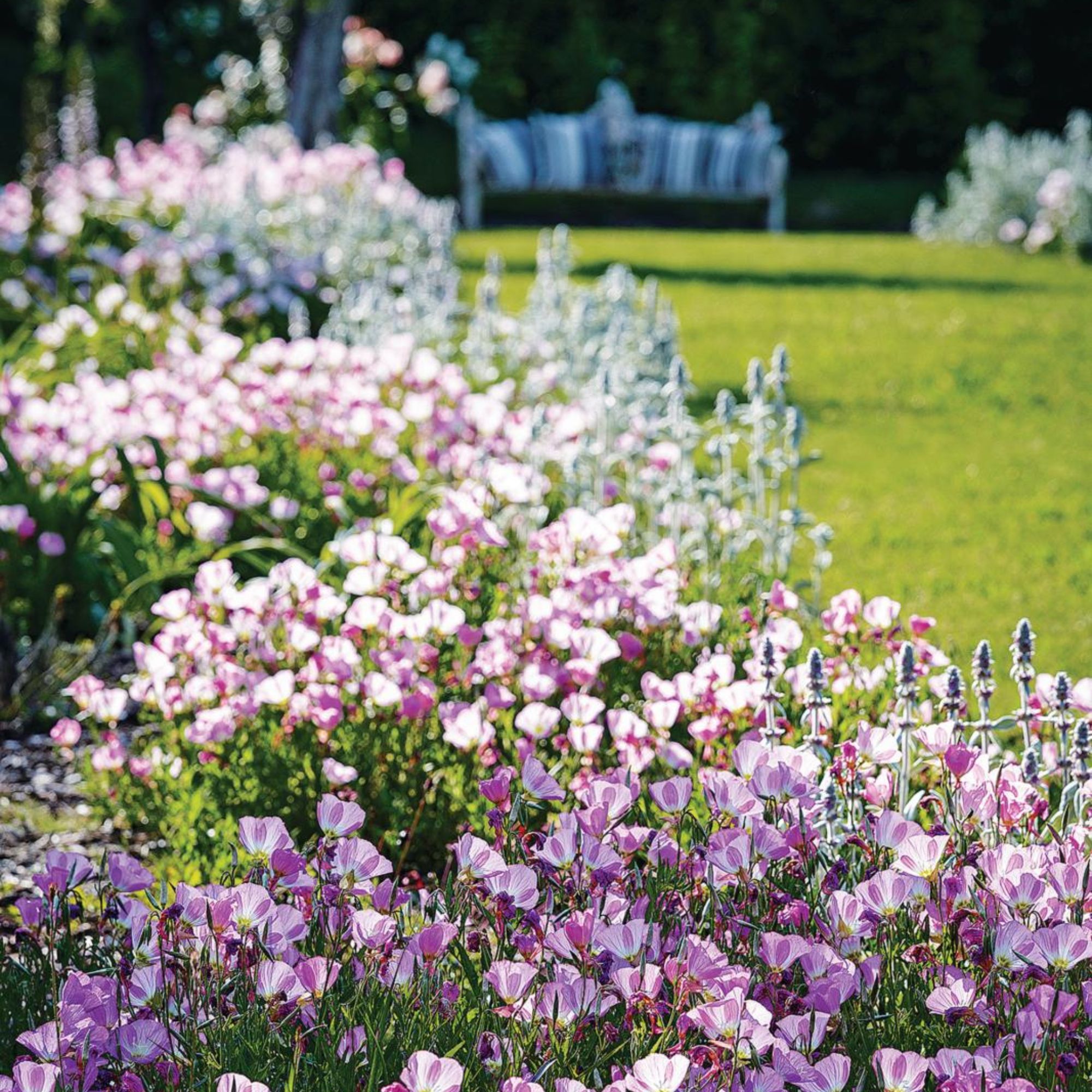
‘Spring and summer are notably the best seasons for gardeners, with an abundance of flowers and crops blooming from March through to August,’ explains Matthew Martin from nematode producer Nemasys. ‘However, this also means you are likely to find an array of garden pests waiting to feast on your garden.’ To stop these pesky pests in their tracks, you can use nematodes as a biological pest control.
But what exactly are nematodes? Well, they’re essentially microscopic creatures that feed on what we consider to be pests. You could say that they are the pests for our pests.
‘Nematodes work by entering the body of its prey and releasing bacteria from the inside, consequently leading to an infection and then the death of the invertebrate,' says Matthew. 'The nematodes will then feed and multiply on the pests’ body and continue searching and killing more prey.’
‘Once the pest population has decreased, nematodes will die off and return to the numbers naturally found in the soil.’
As it's a biological method - rather than a chemical one - nematodes are becoming more and more popular. But the perks don’t end there.
‘Since they get to work under the soil, you won’t see what happens to the slugs,' adds Morris Hankinson, director of Hopes Grove Nurseries. 'They are also safe for children, pets and other wildlife.’
Your nematode shopping list
With the ability to treat 40 sqm of garden, these nematodes will quickly target the slugs in your garden. This pack even gives up to six weeks of protection.
Covering up to 60 sqm, this particular product has been formulated with Steinernema mematodes to specifically target box tree caterpillars. Aim to apply between March to October for the best results.
These nematodes will penetrate and kill the L1 and L2 stages of leatherjacket larvae - which is the prime time to target them. Plus, it covers up to 50sqm.
How to use nematodes in the garden
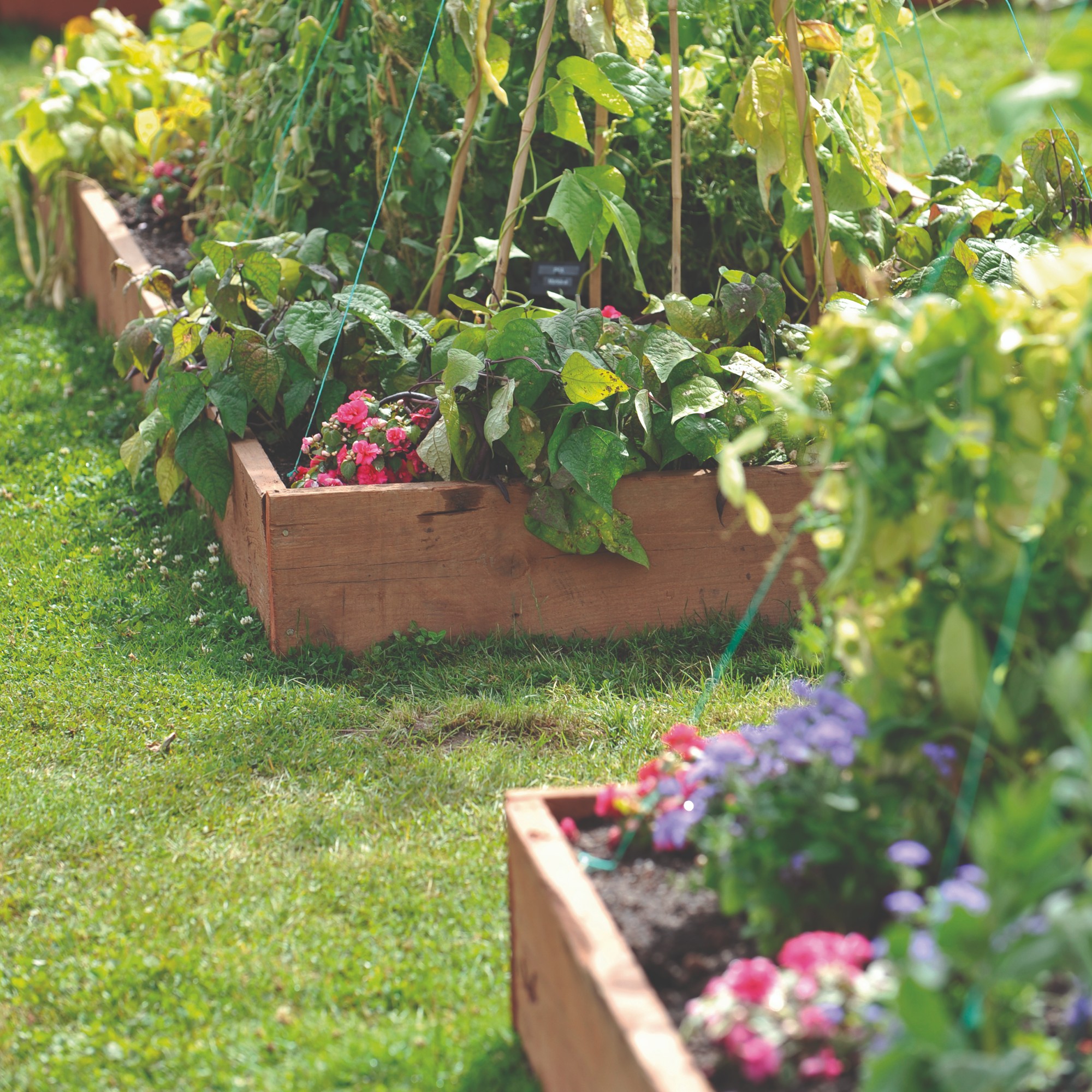
Now you know what they are, you might be wondering how to use nematodes in the garden. Well, there are many uses:
Use nematodes for slugs: There are many ways to get rid of slugs, from using a plank of wood as a slug trap to sticking down slug tape and even making your own garlic spray. However, many experts also suggest using nematodes for slugs. This biological slug control will not only reduce the number of slugs attacking your plants, but it should also stop them from returning.
Use nematodes for box tree caterpillars: If your box hedge is being decimated by critters, there’s a high chance that you have box tree caterpillars. And one of the best ways to get rid of box tree caterpillars is to use nematodes. You can even buy specific nematodes for this pest, too. Simply mix them together with water and apply them to your box hedge to keep the caterpillars at bay.
Use nematodes for leatherjackets: Leatherjackets are a real nuisance when trying to maintain your lawn. Their presence can result in yellow patches and stunted growth, which is why it’s always a good idea to get rid of leatherjackets. The nematodes will seek out the leatherjackets and kill them in their tracks, so you don’t have to worry about them again.
Use nematodes for vine weevils: Vine weevils are an irritating garden pest that can be a nightmare when growing your own fruit and vegetables. They’ll chomp your fruit trees down to tiny stalks and they’ll also ravage your container garden given the chance.
Getting rid of vine weevils is easy, though, and you can use products like this Nemasys Vine Weevil Killer from Amazon to attack these nuisance pests directly.
How to apply nematodes
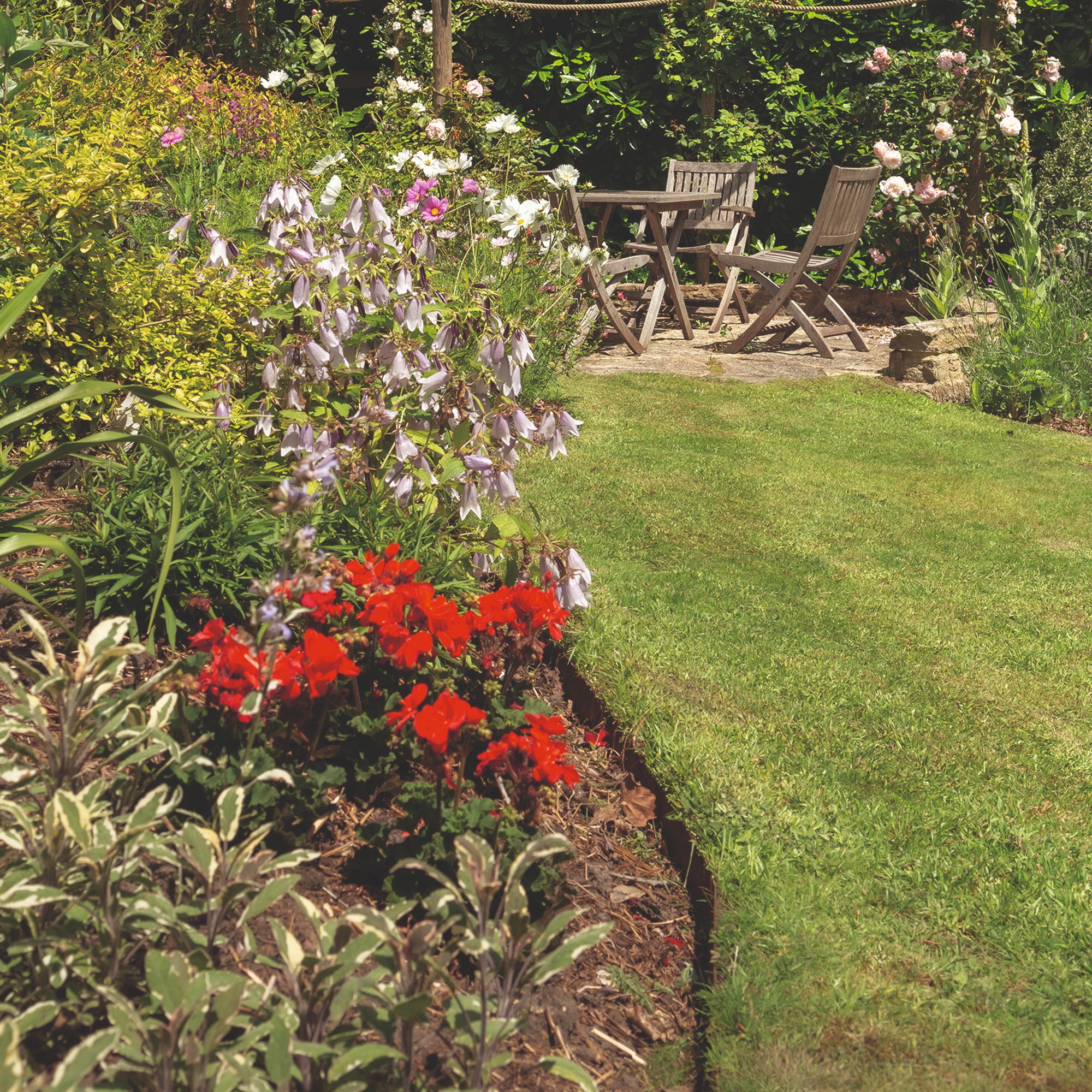
It’s fair to say that there are so many uses for nematodes in the garden, but we understand that adding something new to your soil can be daunting. After all, you don’t want to mess with the soil’s pH or harm other plants while controlling pests.
But you don’t need to worry, as this process is extremely safe and straightforward. Matthew from BASF explains the steps:
- ‘Mix your chosen nematode product with a small amount of water and stir thoroughly to ensure all lumps are fully dispersed before adding in the rest of the water.
- When using a watering can to apply the product, use a coarse rose. This is key as the nematode solution will get stuck in smaller holes.
- Keep the soil moist for a few weeks after application to make sure the nematodes remain active.
- Repeat applications of nematodes may be required, especially when treating slugs.’
The disadvantages of nematodes
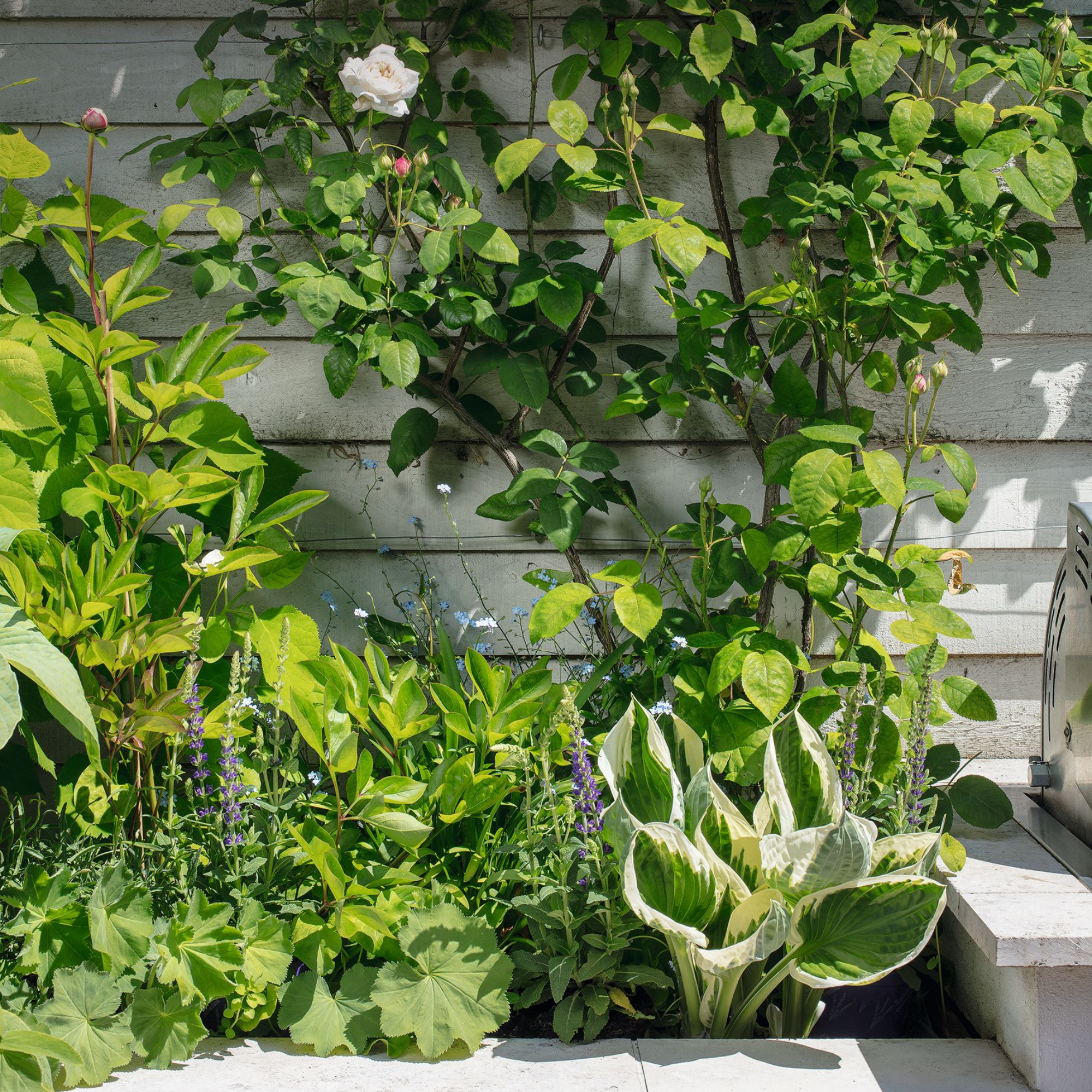
Using a form of biological control, such as nematodes, is always better than using chemicals or pesticides, but it’s important to understand that there are some disadvantages to using nematodes in the garden.
One big disadvantage is the fact that you need to apply nematodes at the correct time. The experts at BASF advise, ‘The product should be applied when the temperature of the soil is within the right range (usually between 5°C and 30°C, depending on nematode species) and when UV light levels are low, so ideally early in the morning or at dusk.’
Of course, this limits when you can control the pests in your garden - especially if you want to control pests during the winter months when the soil is frozen.
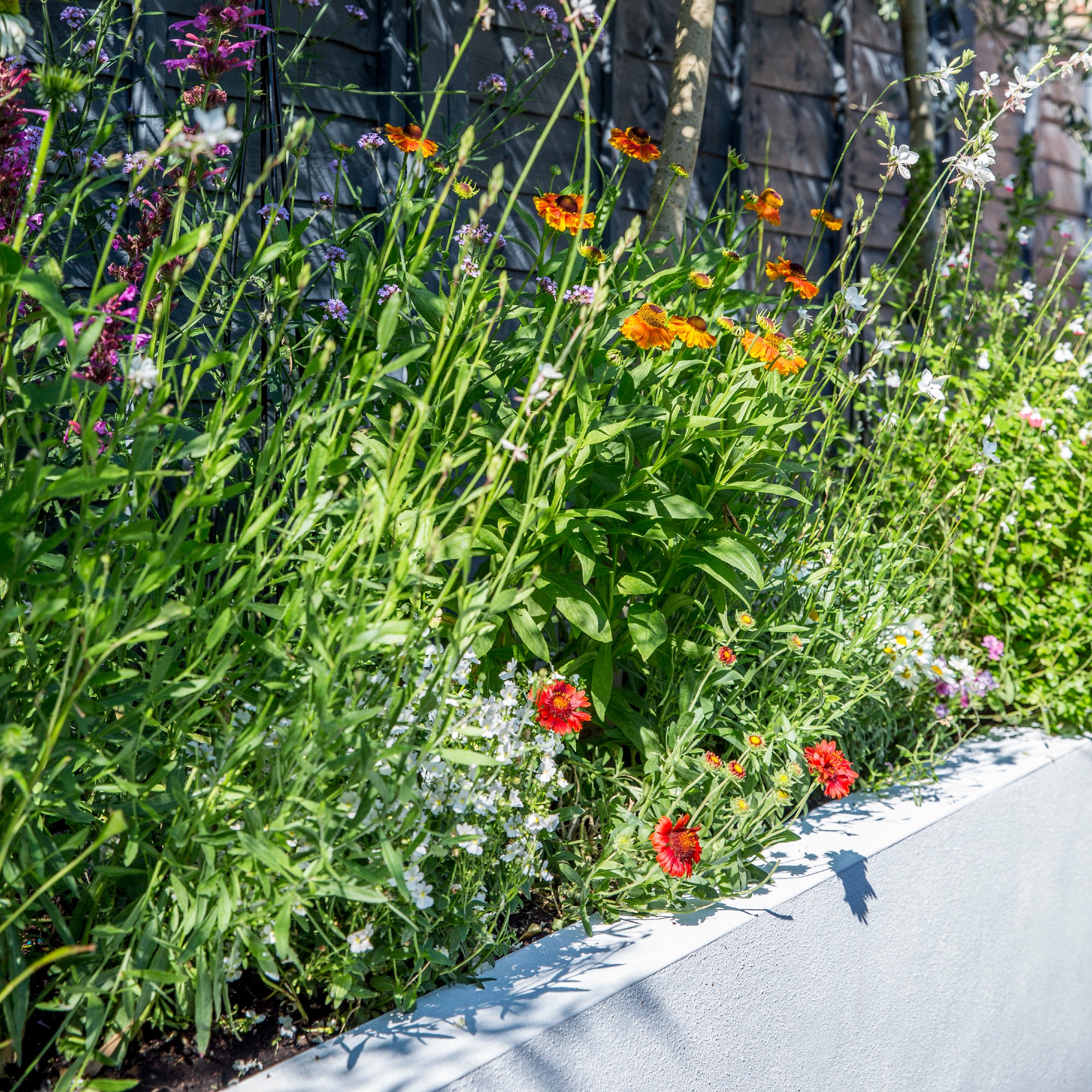
Another disadvantage is that not all nematodes work for all pests. In most cases, you’ll have to buy a specific type of nematode for the specific type of pest you want to control. And if you have multiple pests destroying your garden at once, this can be pretty costly.
When using nematodes to control pests, you must also realise that they don’t work immediately. In most cases, it’ll take nematodes around 2-3 weeks to work their magic and rid your plants of pests. Because of this, you may need to use other pest control measures to ensure your plants don’t succumb to these critters in the meantime.
Last but not least, you also need to consider whether actually killing slugs is what you want to do. Morris says, ‘Whether we like it or not, slugs are part of the ecosystem. Recently, they have been reclassified as a gardener's friend not foe.’
‘They are food for birds and other wildlife, which has been needed this year, especially with the colder spring weather, and out of the 40 species of slug found in the UK, not all of them will be hugely damaging to your plants. So, protecting your plants from slugs, rather than eradicating them, may be the best option after all.’
FAQs
How long do nematodes live?
Nematodes can live for anywhere between two and 18 months, but their effectiveness will gradually decrease as they are eaten by their own natural predators. Because of this, it’s a good idea to keep an eye out around treated plants and reapply the nematodes as soon as you spot signs of pests.
Are nematodes harmful to dogs?
One of the major benefits of nematodes is that they are completely safe to be used around animals and children. This way, you can use them to control the pests in your garden without potentially harming pets and kids.
Even if nematodes are accidentally ingested (which is unlikely as they are poured directly into the soil), these organisms do not have the capabilities to survive in the human or animal body. Because of this, they will die off incredibly quickly.
So, will you be using nematodes in your garden?







